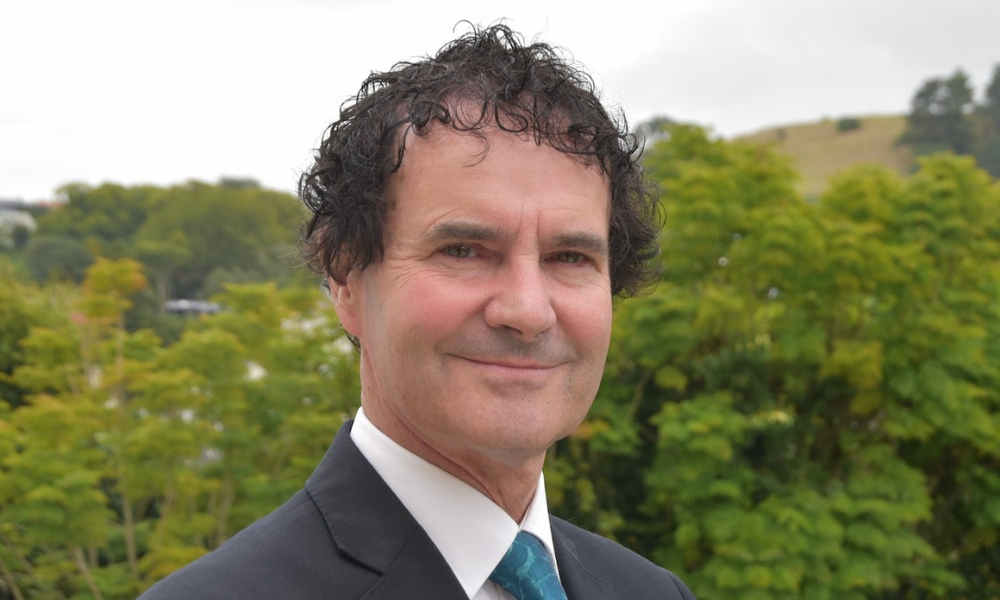Borrowers advised to lock in rates amid rising global volatility

With the Reserve Bank of New Zealand (RBNZ) cutting the official cash rate (OCR) by 25 basis points to 3.50%, independent economist Tony Alexander (pictured) states the move deepens the uncertainty in the global and domestic economy—with a catch.
The OCR cut likewise presents a chance for borrowers to lock in favourable mortgage rates.
Alexander noted that global risks have intensified dramatically following US President Donald Trump’s tariff escalations, with the resulting volatility throwing conventional economic forecasting into disarray.
“No one seems to know if we are looking at the ending of open trade between nations, a global recession, soaring inflation, deflation, or whatever,” he said. “All we can say for certain is that risks for everyone’s cash flows have worsened.”
The housing market continues to be characterised by buyer power, sluggish price growth, and falling mortgage rates. But in the current environment, Alexander warned that the true impact of global instability may not have fully surfaced yet.
“If Asia's economies suffer because the US is ripping apart global supply chains, then we risk slipping back into recession,” he said.
Despite uncertainty, he shared practical steps borrowers can take. “In times of uncertainty, the value of medium to long-term fixed borrowing costs is enhanced,” he said.
Fixing rates now could help households avoid future cash flow shocks, even as some lenders pass through lower rates in the wake of the OCR cut.
RBNZ’s decision included an explicit reference to its ability to cut rates further—but notably did not mention the possibility of raising them, implying a more dovish stance. “The odds that the cash rate will fall to 3%, rather than 3.25%, have increased,” Alexander said, opening the door for further reductions in both floating and fixed mortgage rates.
“If I were borrowing at the moment, I would either fix at 4.99% and get on with other things affecting my cash flows, or hold off a bit longer in case the 4.99% three-year fixed rate briefly made available a couple of months ago makes a comeback,” he said.
While acknowledging that New Zealand is relatively insulated from direct US trade pressures, he warned that the ripple effects through Asia pose the greatest risk.
For now, the message to borrowers and investors alike: protect your cash flow, stay flexible, and keep an eye on the global picture.
How are you preparing for the economic uncertainty ahead? Share your thoughts below.



